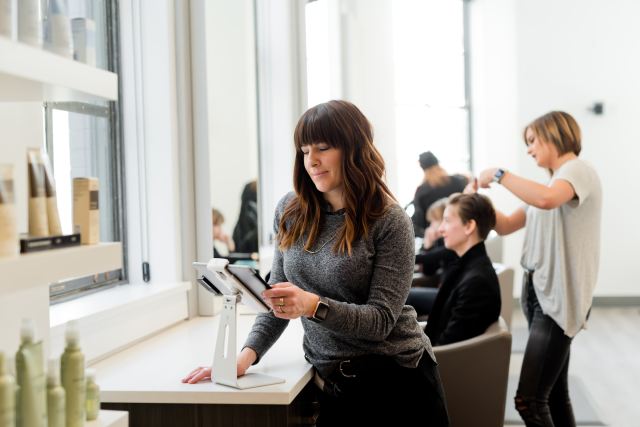How To Reduce Salon No-Shows and Cancellations by 29 Percent

Cancellations in the beauty industry can be financially detrimental. Leading software provider Kitomba Salon and Spa Software reviewed one year’s worth of data, finding the average salon experiences 10 cancellations or no-shows per week. However, implementing certain strategies can reduce these occurrences by up to 29 percent.
The analysis indicated that salons which require deposits to secure appointments see a notable decrease in cancellations and no-shows. Meanwhile, salons asking for full payment upfront reported an even higher reduction.
“Taking deposits is our number one recommendation to salons because by taking payment upfront, either partly or in full, your clients are committing to their appointment, it helps with your cash flow, increases client spend, and carries a much lower risk of chargebacks or damaging client relationships than charging cancellation fees after the fact,” explained Alyssa Dowsett, General Manager of Kitomba Salon and Spa Software.

While the policy of requiring a deposit may dissuade some potential clients, these individuals are often the least committed, believes Doswett.
In addition to minimising no-shows, salons that take deposits also experience an average increase of 9 percent in retail sales and 2 percent in overall client spending. Clients who prepay for their appointments are not only more likely to arrive but tend to spend more once they are there. Feedback suggests that obtaining deposits is a more effective strategy than imposing cancellation fees afterward.
This strategy has been particularly beneficial for larger salons, where the financial loss from cancellations can be equivalent to the annual wages of a senior stylist.
Melissa van Gosliga from Aboki Hair in Nelson shared, “We’ve started taking deposits for online bookings. It became an issue for us that we were getting new clients booking and then not turning up on the day, so we felt that we needed to do something about that. We’ve started putting in a deposit for colour work, and you think that might be a negative thing, but it’s been nothing but positive.”
“Our clients have actually mentioned that it’s quite good that they come in for their appointment knowing that part of it has already been paid for,” adds John Van Gosliga of Aboki Hair. “It also increases the likelihood of being able to upsell a treatment or the home health care that we are recommending, because it’s not as much of a big invoice for them on the day as they’ve already prepaid part of their service in the five or six weeks beforehand.”
To further assist salons in curbing no-shows and cancellations, Kitomba has developed a free eBook filled with valuable strategies for salon owners. This resource includes advice on crafting cancellation policies, sending text reminders, establishing loyalty programs, and efficiently filling last-minute appointment gaps. Download your free copy here.
For more information, visit www.kitomba.com
